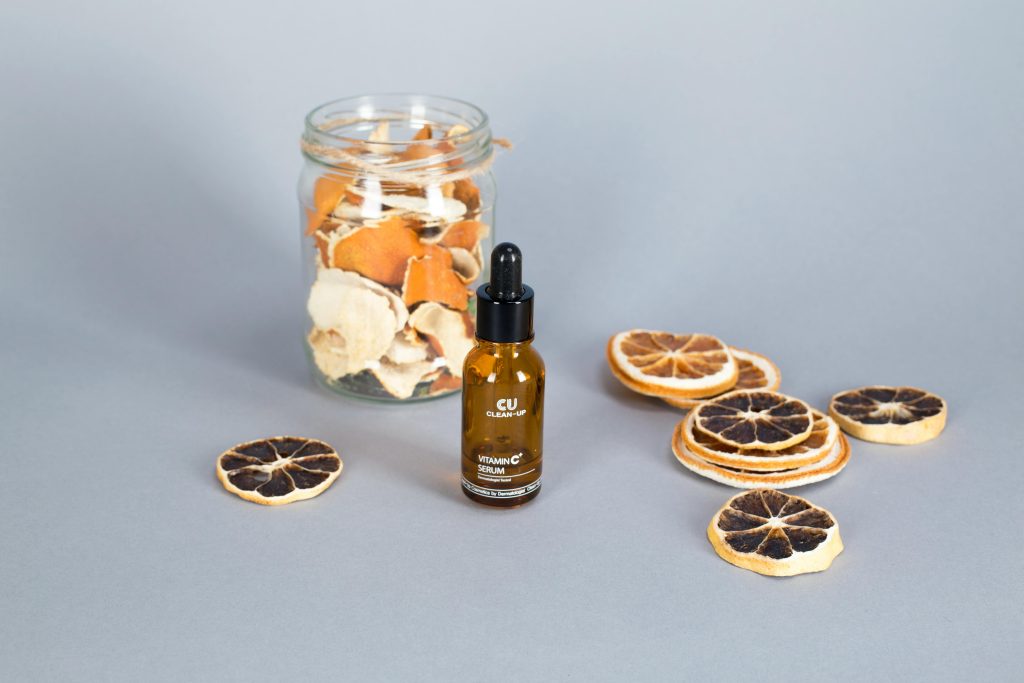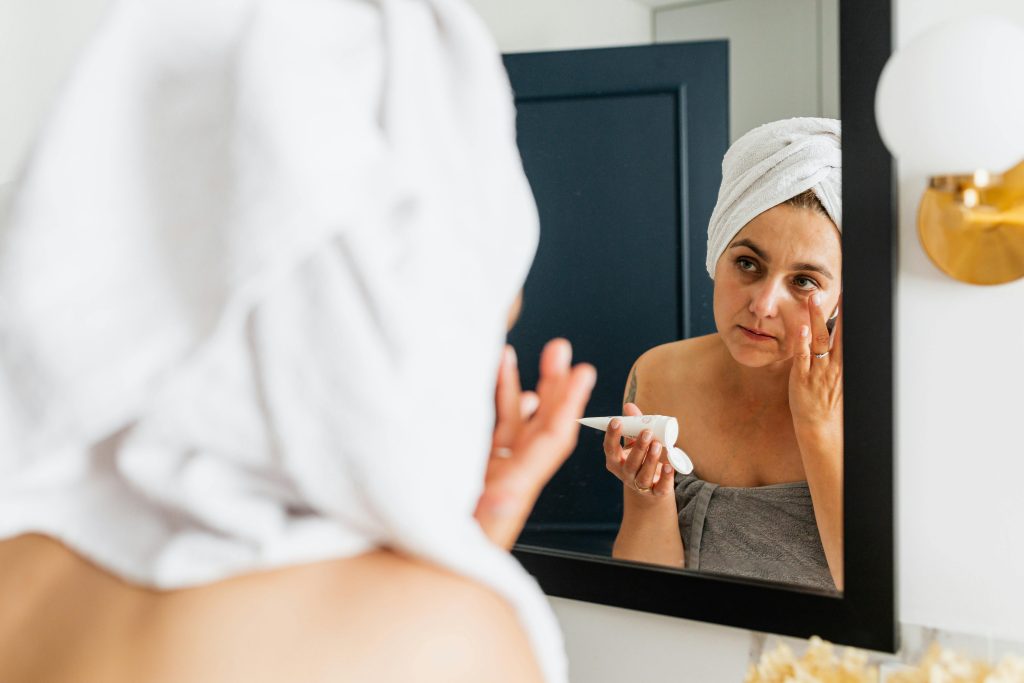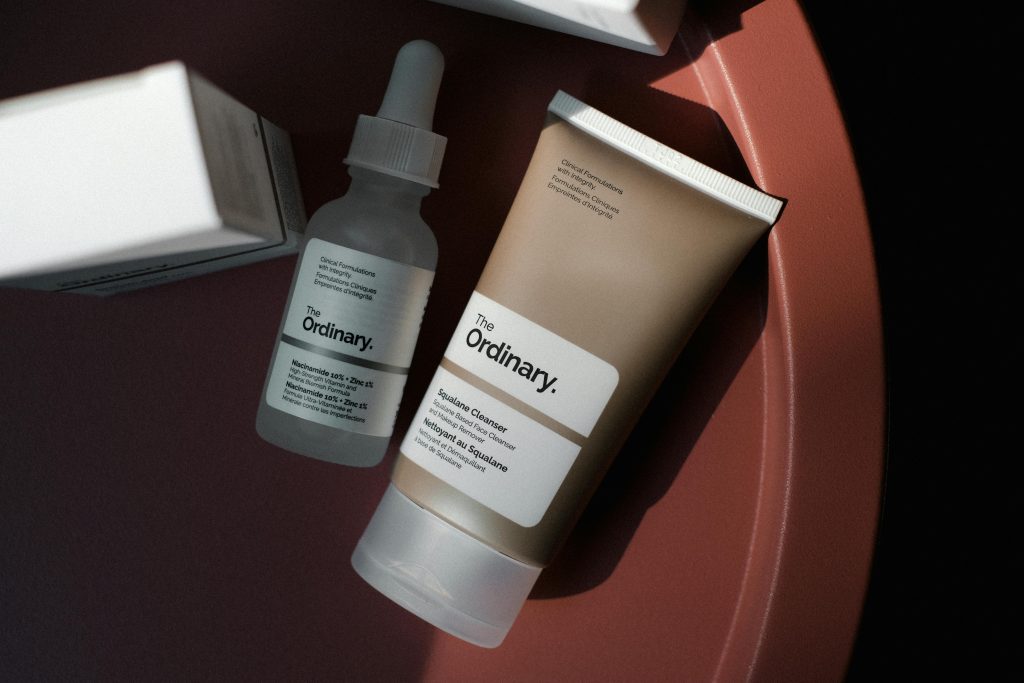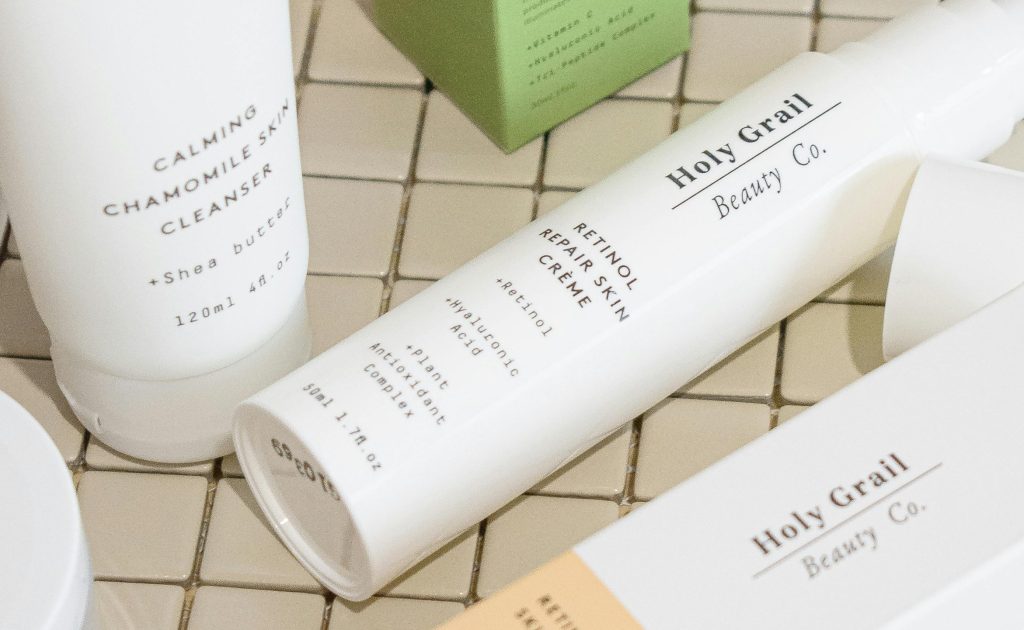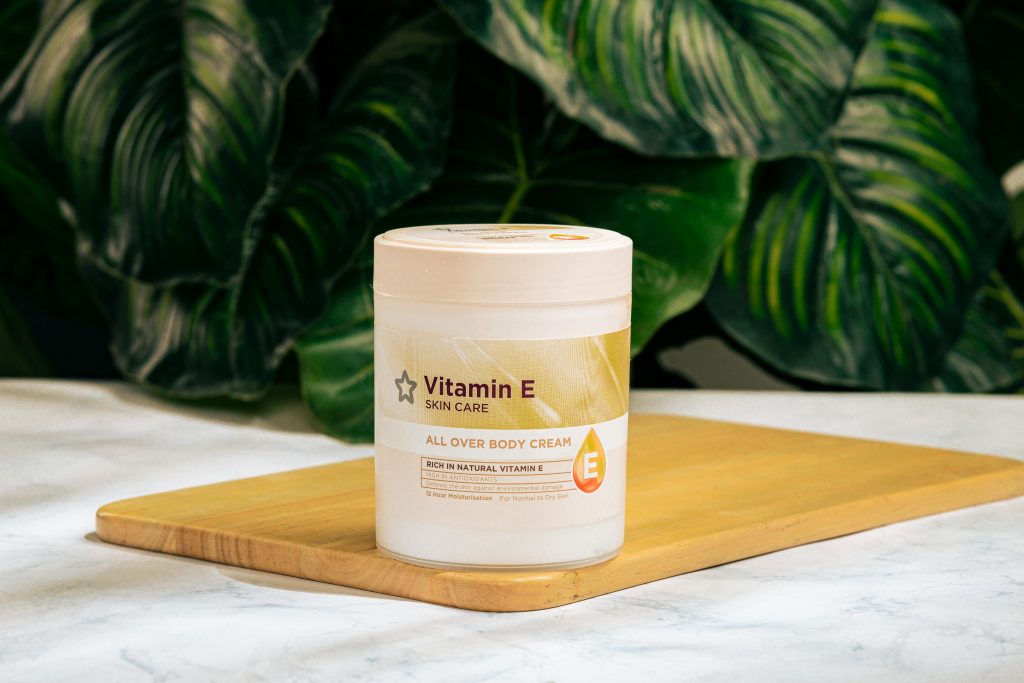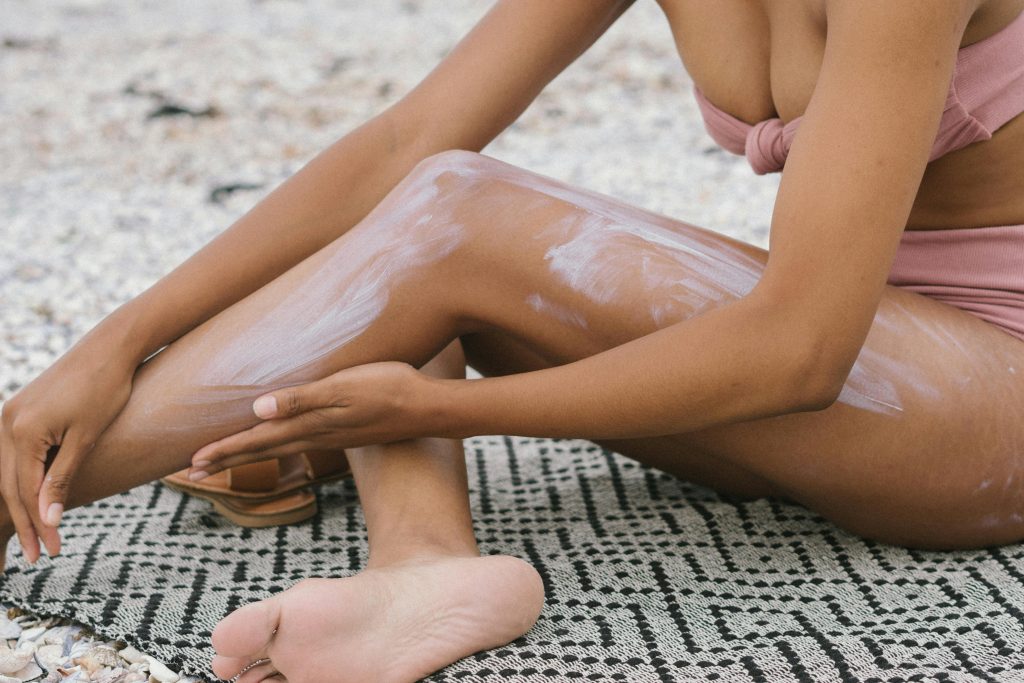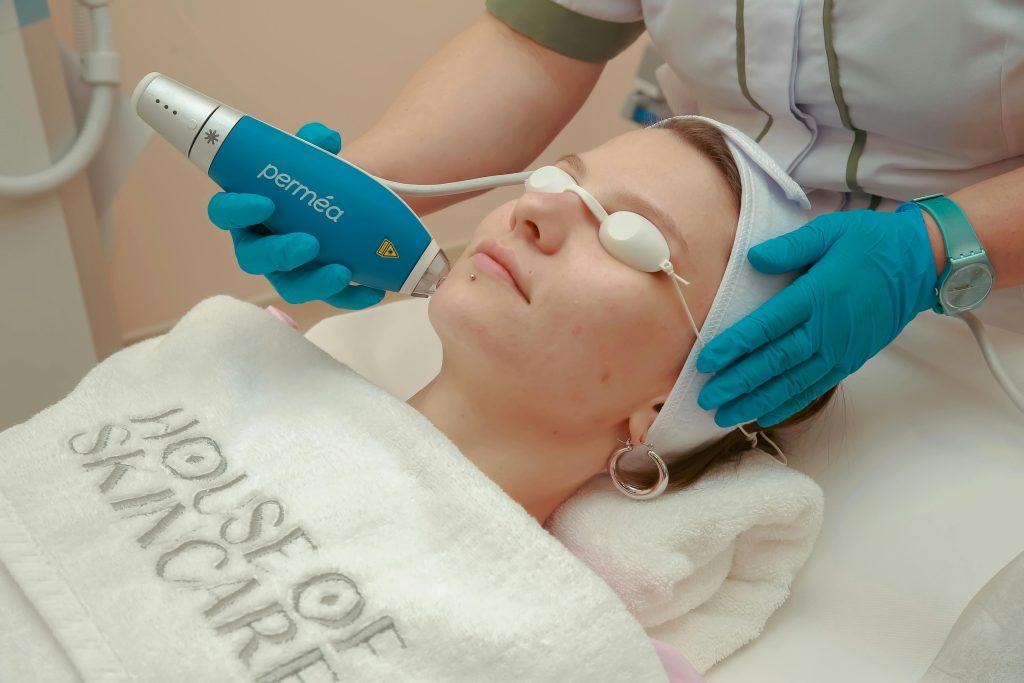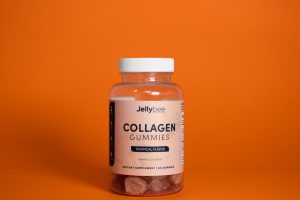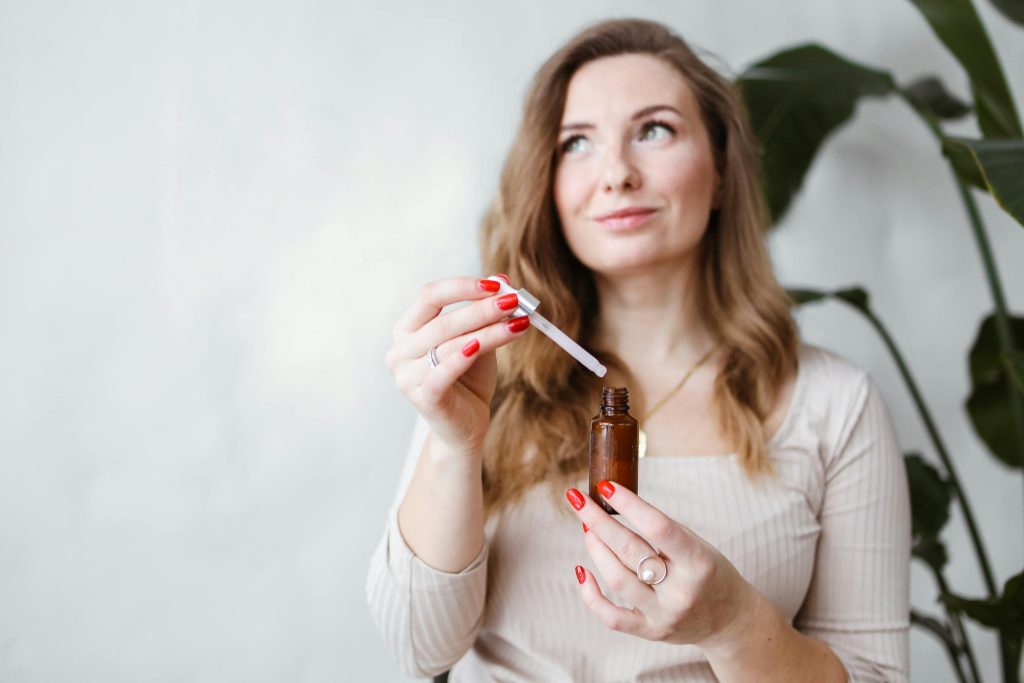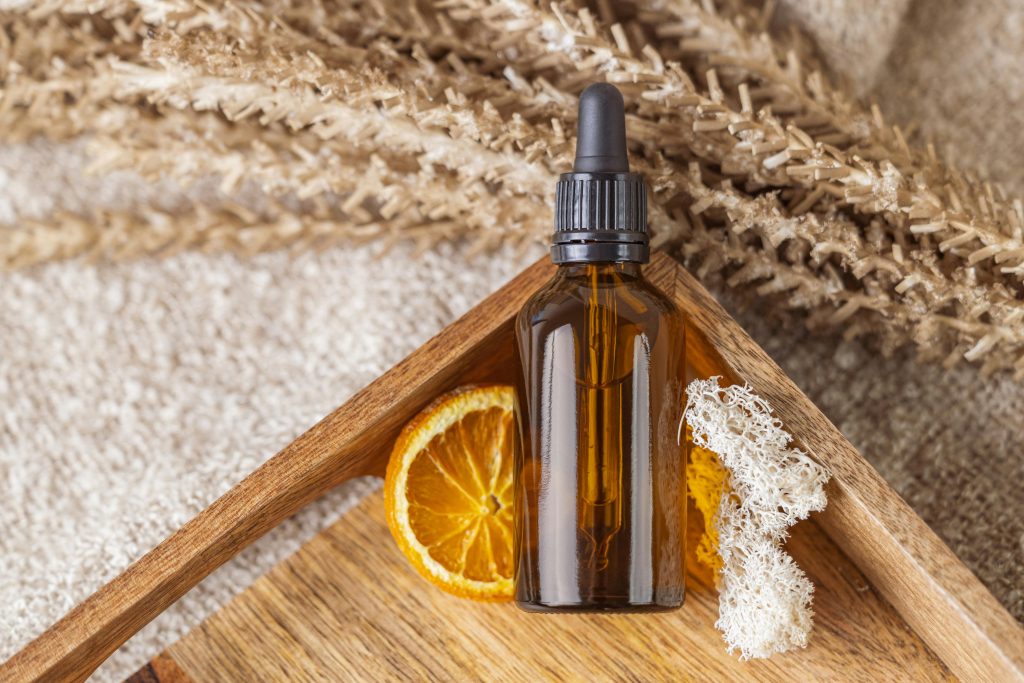
As an Amazon affiliate, I earn a commission for the products linked below.
Anti-Aging Moisturizers: What Actually Works?
Moisturizers are a cornerstone of any skincare routine; the most effective formulas combine hydration with active ingredients that support collagen, reduce fine lines, and improve skin elasticity.
Anti-aging moisturizers are most effective when used in conjunction with sun protection, a healthy lifestyle, and complementary skincare products.
Choosing the right moisturizer can make a noticeable difference in skin texture, hydration, and youthful appearance.
In this article, we’ll explore what to look for in anti-aging moisturizers, the key ingredients that work, top product recommendations, and tips for using them effectively.
Key Ingredients That Actually Work
1. Retinoids (Retinol, Retinyl Palmitate)
- Stimulate collagen production and accelerate cell turnover
- Reduce fine lines, wrinkles, and uneven texture
2. Peptides
- Signal skin to produce collagen and elastin
- Improve firmness and reduce sagging
3. Hyaluronic Acid
- Deep hydration, plumping skin, and reducing the appearance of fine lines
4. Niacinamide (Vitamin B3)
- Strengthens the skin barrier, minimizes pores, and evens skin tone
5. Ceramides
- Restore the skin barrier and lock in moisture, improving elasticity and smoothness
- Read more about Ceramides here.
6. Antioxidants (Vitamin C, E, Green Tea, Resveratrol)
- Protect skin from oxidative stress and environmental damage
- Support collagen production and brighten skin
 Top Anti-Aging Moisturizers
Top Anti-Aging Moisturizers
1. Olay Regenerist Micro-Sculpting Cream
- Hydrates deeply and contains niacinamide and peptides for firmness
- Best for: Mature skin needing anti-wrinkle and hydration support
2. CeraVe Skin Renewing Night Cream
- Contains ceramides, peptides, and hyaluronic acid
- Best for: Barrier support and overnight hydration
3. Neutrogena Rapid Wrinkle Repair Regenerating Cream
- Retinol-based formula for visible wrinkle reduction
- Best for: Early signs of aging and uneven texture
4. La Roche-Posay Toleriane Ultra Night Cream
- Gentle formula with soothing ingredients and antioxidants
- Best for: Sensitive or reactive skin
5. Drunk Elephant Protini Polypeptide Cream
- Contains peptides, amino acids, and growth factors for firmness and elasticity
- Best for: Firming, hydration, and overall skin vitality
How to Use Anti-Aging Moisturizers





FAQs About Anti-Aging Moisturizers
Q1: Can a moisturizer alone prevent wrinkles?
Moisturizers hydrate and support the skin barrier, but combining them with active ingredients, sunscreen, and a healthy lifestyle is essential for anti-aging.
Q2: Should I use different moisturizers for day and night?
Yes. Daytime moisturizers should include SPF or be paired with sunscreen, while nighttime formulas can focus on repair and potent actives.
Q3: Can sensitive skin use anti-aging moisturizers?
Absolutely. Look for gentle formulations with peptides, ceramides, and antioxidants; avoid high-concentration retinoids if irritation occurs.
Q4: How soon will I see results?
Hydration improvements are immediate, while wrinkle reduction and firmness may take 4–12 weeks.
Q5: Can I combine multiple active ingredients?
Yes, but introduce one at a time to monitor tolerance, especially with retinoids, acids, and vitamin C.
 Recommended Supporting Products
Recommended Supporting Products
- CeraVe AM Facial Moisturizer with SPF 30 – Daily hydration plus sun protection
- The Ordinary Hyaluronic Acid 2% + B5 – Boosts hydration and improves skin plumpness
- Paula’s Choice 10% Niacinamide Booster – Complements moisturizer for pores and texture
 Final Verdict
Final Verdict
The best anti-aging moisturizers combine hydration with proven active ingredients such as retinoids, peptides, hyaluronic acid, niacinamide, and antioxidants.
By using the right moisturizer consistently—morning and night—paired with sunscreen, serums, and a healthy lifestyle, you can improve skin elasticity, reduce fine lines, and maintain a radiant, youthful complexion.

